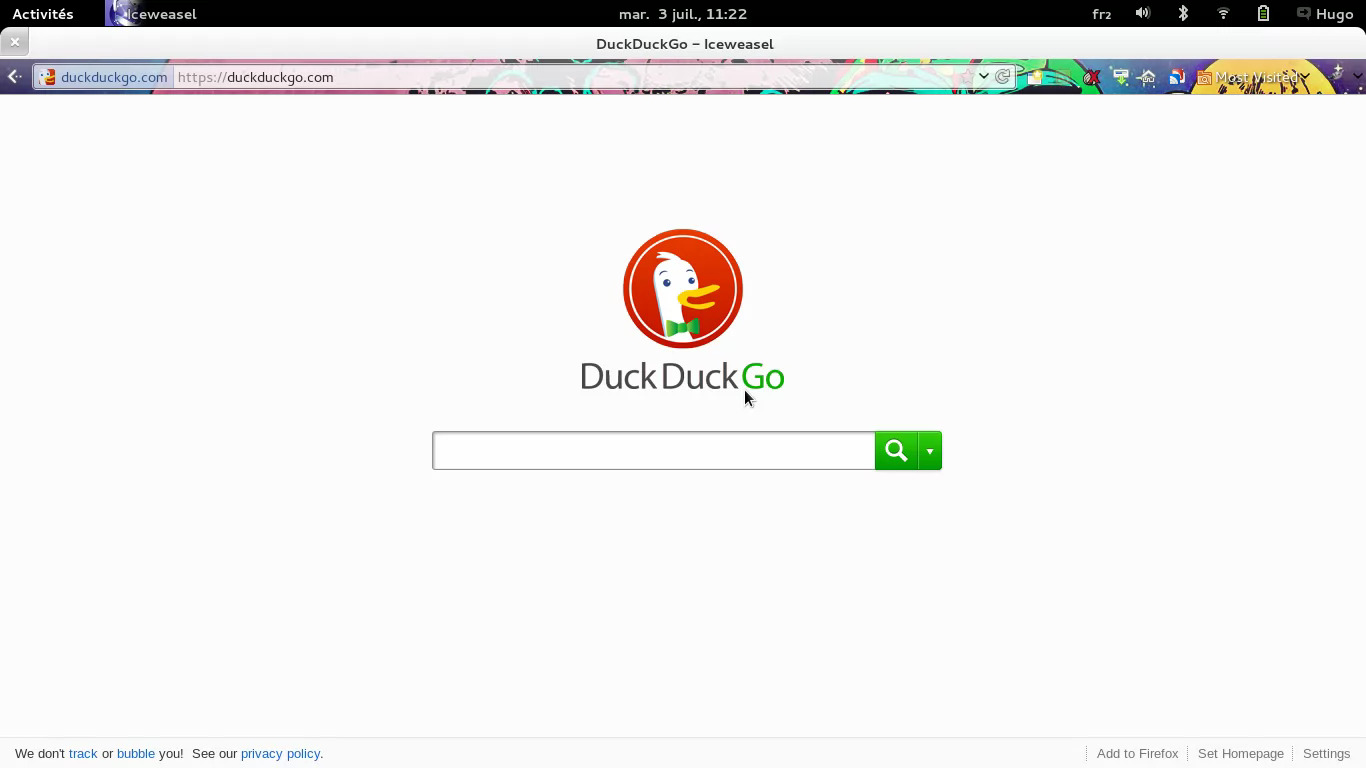This, is astonishing:
“Can you highlight how robust content protection can be implemented in an open source web browser?” he asked. “How do you guard against an open source web browser simply being patched to write the frames/samples to disk to enable (presumably illegal) redistribution of the protected content?”
Netflix’s Mark Watson responded to the message and acknowledged that strong copy protection can’t be implemented in an open source Web browser. He deflected the issue by saying that copy protection mechanisms can be implemented in hardware, and that such hardware can be used by open source browsers.
Microsoft, Google and Netflix are making a Web standard proposal for proprietary javascript as DRM, no less! This proposal is totally at odds with web ethics. Not only it would be the first Web standard to impose proprietary software to the user, it would mostly be against everything the Web stands for! Making copies and sharing content between individuals is so much a widespread practice. Can you imagine: being prevented from copy-pasting something from a webpage!
In the end, the current situation is that DRM require to maintain (costly) DRM servers and obsolete no cross-platform software. Let’s make it stay that way. I see no reason why users should have to accept to take the burden of DRM costs.

